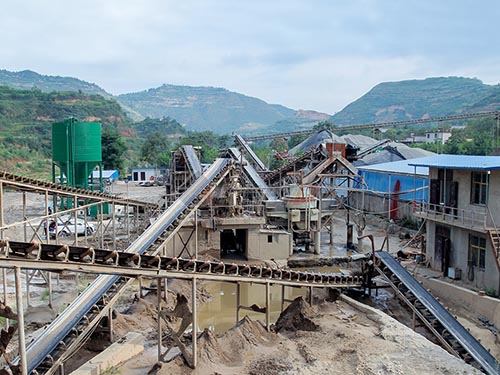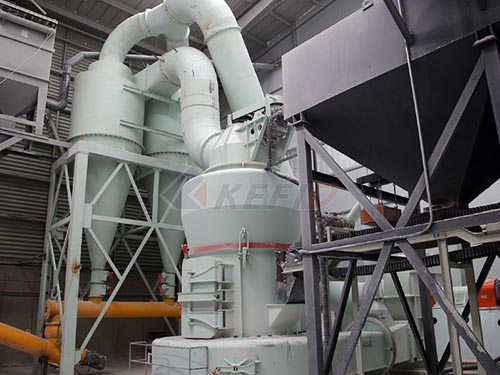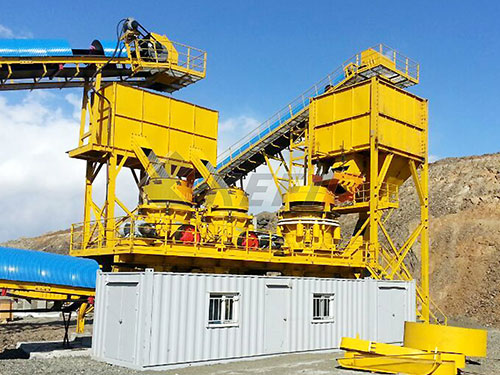Track Mounted Crusher Ga Permitting
Navigating Track-Mounted Crusher Permitting in Georgia: Considerations
The versatility and mobility of track-mounted crushers make them indispensable for construction, demolition recycling, and aggregate processing projects across Georgia. However, their temporary nature and operational impacts mean navigating the state's environmental permitting landscape requires careful attention. Understanding the core regulatory requirements is crucial for project managers and operators to ensure compliance and avoid costly delays.
Core Environmental Concerns & Regulatory Framework
Georgia's primary environmental regulator, the Environmental Protection Division (EPD), oversees permitting through several key programs relevant to track-mounted crusher operations:
1. Air Quality (APC - Air Pollution Control):
Fugitive Dust: This is often the most significant concern. Crushing generates substantial dust containing particulate matter (PM10 and PM2.5). Georgia regulations (specifically Chapter 391-3-1-.02(2)(b)) mandate the use of "reasonable precautions" to control fugitive dust emissions from activities like crushing.

Permitting Triggers: While smaller, short-term operations might fall under exemptions or "de minimis" thresholds based on potential emissions calculations, larger operations or those in sensitive areas may require a Permit to Construct (PC) or potentially a Title V Operating Permit.
Control Requirements: Typical mandated controls include:
Water spraying systems applied directly at crushing points, transfer points, and screens.
Watering haul roads frequently.

Utilizing dust suppressants where water alone is insufficient.
Minimizing drop heights at conveyor transfer points.
Enclosing specific high-emission processes where feasible.
Implementing wind speed monitoring with automatic shutdown protocols during high winds.
2. Water Protection (Land Application/Stormwater - NPDES):
Stormwater Runoff: Operations disturbing more than one acre typically require coverage under Georgia's General NPDES Permit for Construction Activities (GAR100001). This necessitates developing a Stormwater Pollution Prevention Plan (SWPPP).
SWPPP Elements: The SWPPP must detail erosion and sediment controls specific to the crusher site setup – silt fences, sediment basins, stabilized entrances/exits – and address potential contamination from fuels/lubricants used near the equipment. Regular inspections are mandatory.
Smaller Sites: Even sites under one acre must implement basic best management practices (BMPs) to prevent sediment-laden runoff from leaving the property.
3.


